Prince Charles 'does not want to be used to promote British weapons sales in Middle East'
A new biography has claimed the royal dislikes 'being used to market' arms
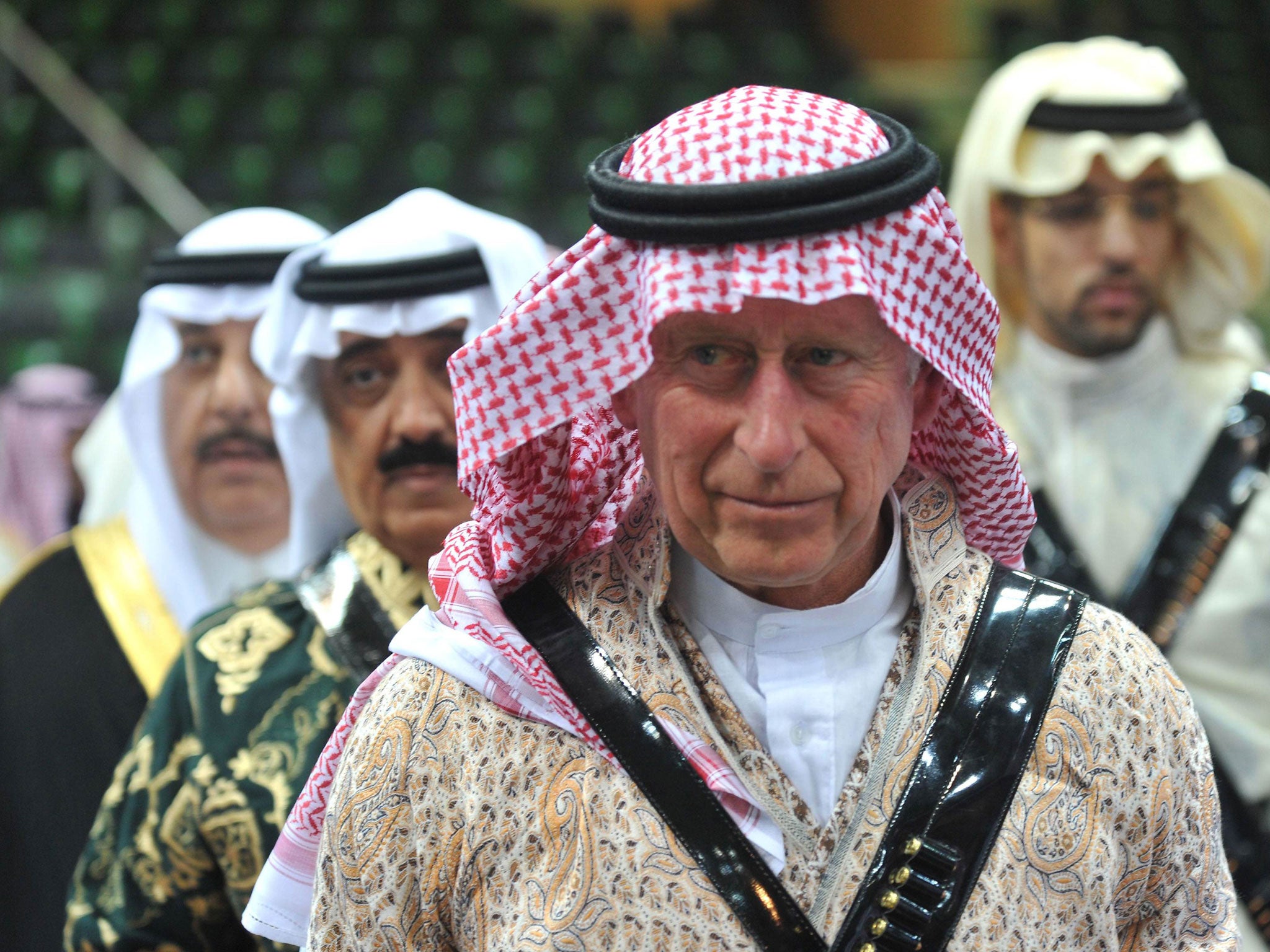
Your support helps us to tell the story
From reproductive rights to climate change to Big Tech, The Independent is on the ground when the story is developing. Whether it's investigating the financials of Elon Musk's pro-Trump PAC or producing our latest documentary, 'The A Word', which shines a light on the American women fighting for reproductive rights, we know how important it is to parse out the facts from the messaging.
At such a critical moment in US history, we need reporters on the ground. Your donation allows us to keep sending journalists to speak to both sides of the story.
The Independent is trusted by Americans across the entire political spectrum. And unlike many other quality news outlets, we choose not to lock Americans out of our reporting and analysis with paywalls. We believe quality journalism should be available to everyone, paid for by those who can afford it.
Your support makes all the difference.Prince Charles no longer wants to promote British arms sales in the Middle East, a new book has claimed days before he embarks on a tour of the region.
The latest biography of the Prince of Wales, which was not authorised by Clarence House, says he “doesn't like being used to market weaponry” in controversial deals with Saudi Arabia and other Gulf states.
He will visit the country as well as Jordan, Kuwait, Qatar and the United Arab Emirates in six days of official visits starting on Saturday.
A Clarence House spokesperson said the tour demonstrated “the importance Her Majesty’s Government places on its association with key partners in the area”.
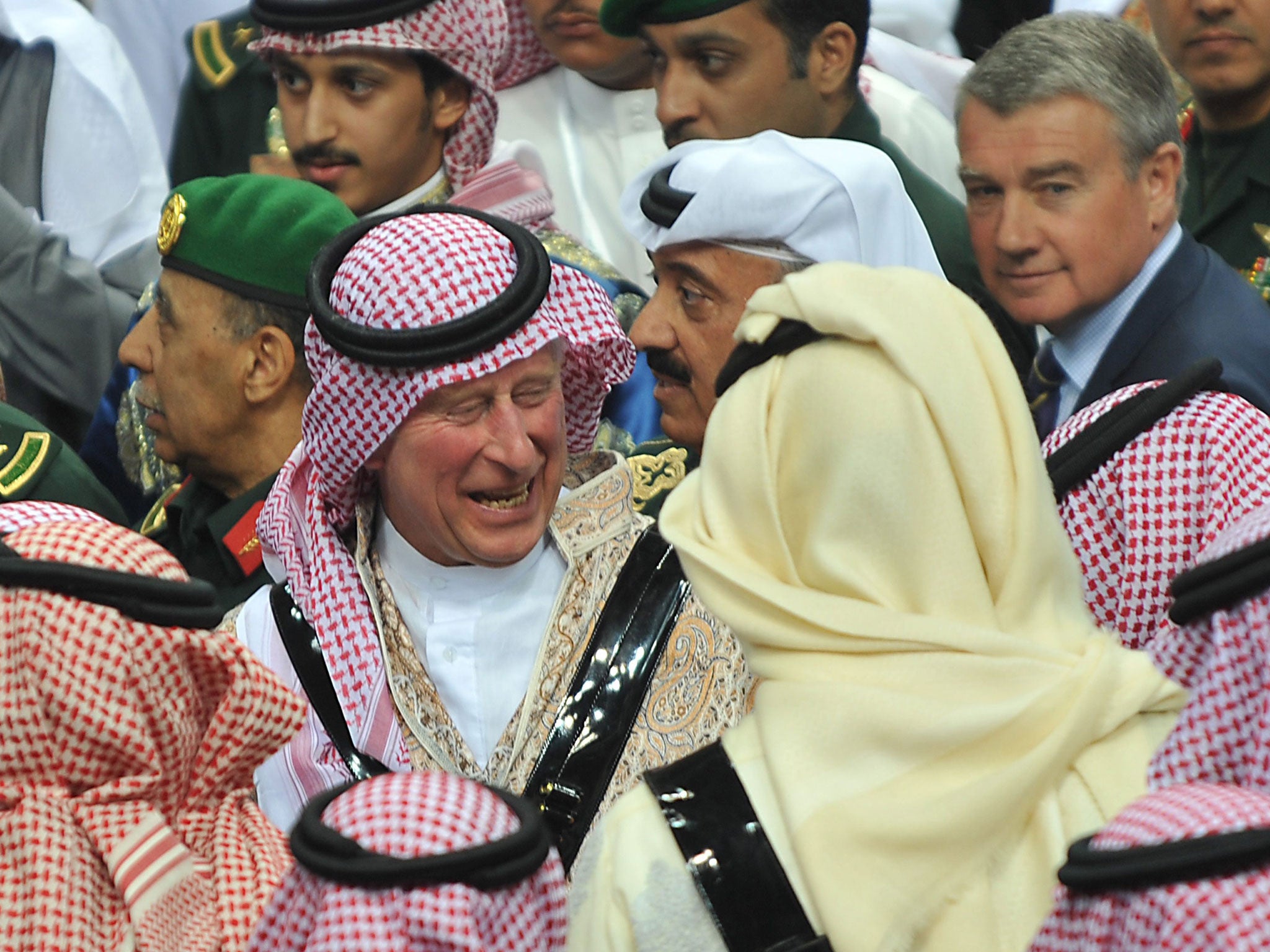
“These connections are underpinned by the long-standing and respectful relationships which exist between the Royal Family and the ruling families in the Gulf,” she added.
Prince Charles, who frequently travels to the region, visited the Saudi capital Riyadh little over a week ago to pay his respects to the late King Abdullah.
Britain’s show of deference, including flying flags at half mast, was widely criticised in the wake of a spate of executions in Saudi Arabia and the country’s poor human rights record.
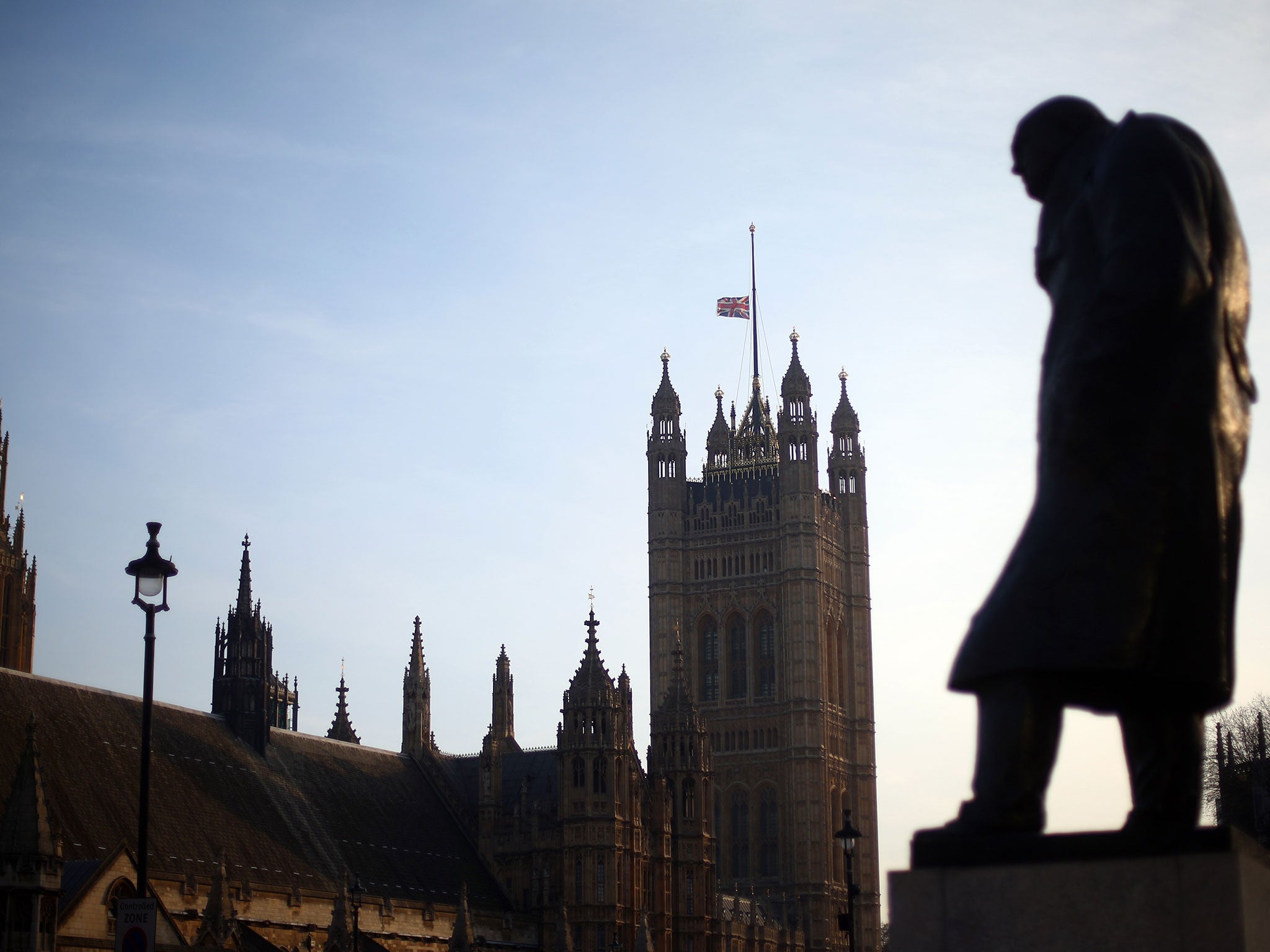
Catherine Mayer, a Time magazine journalist, claims to have conducted several interviews with the heir to the throne’s inner circle as well as the Prince himself for Charles: The Heart of A King, which is being serialised in The Times.
She wrote that Prince Charles previously defended his appearance at an arms fair in Dubai more than 20 years ago on the basis that he was “boosting British trade”.
At the time, he reportedly argued that the arms “will likely be used as a deterrent and if the UK doesn't sell them someone else will,” she wrote.
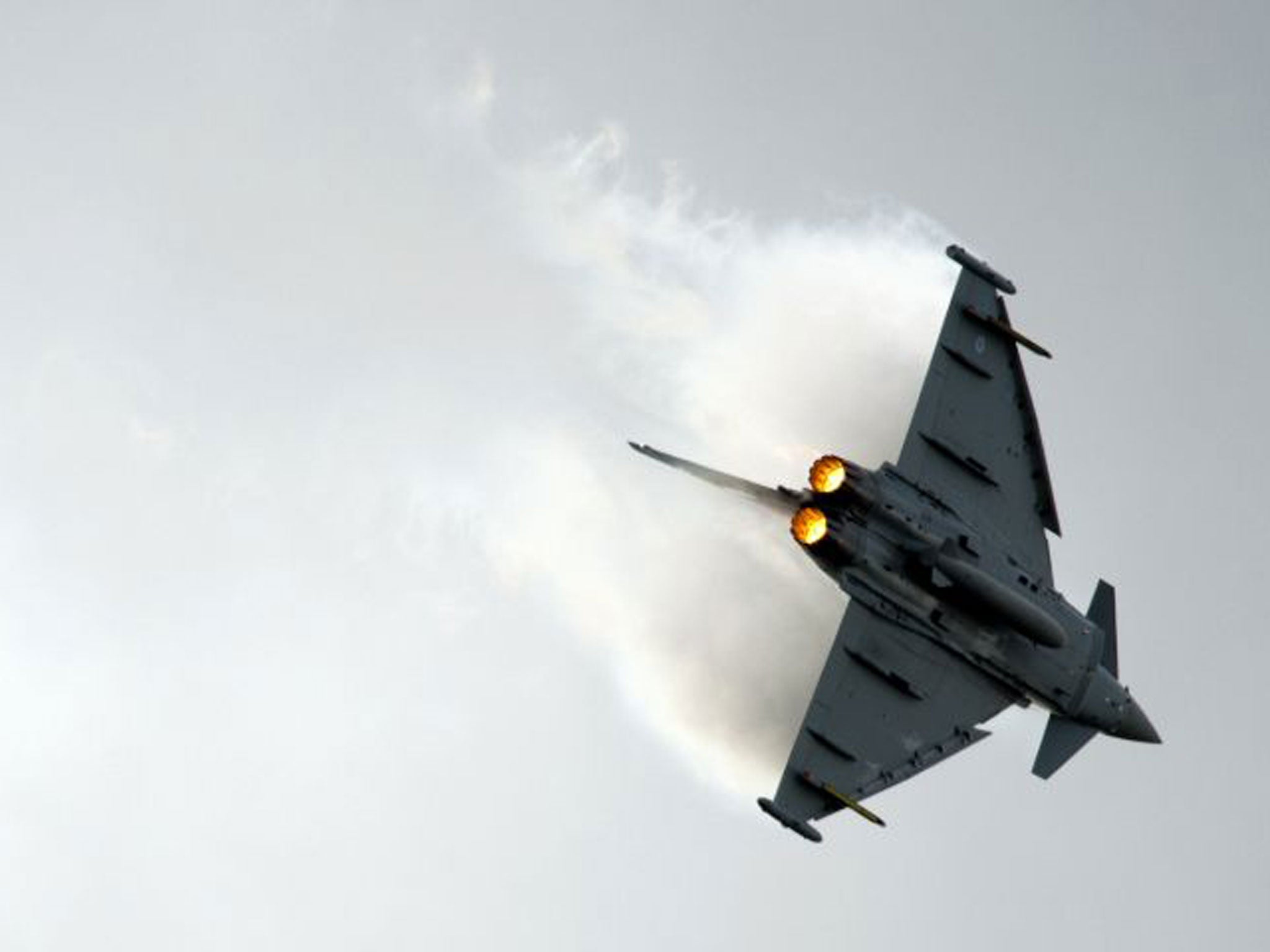
John Pilger quoted Prince Charles at the same fair saying: “We’re really rather good at making certain kinds of weapons.”
Ms Mayer writes that the royal has raised his objections in only in private communications so far, The Times reported.
In the year 2013/14, Britain exported arms to several countries on its own official list for human rights abuses.
The most lucrative deals were with Israel and the Occupied Palestinian Territories, worth £7.9 billion, followed by China and Saudi Arabia, both spending £1.7 billion.
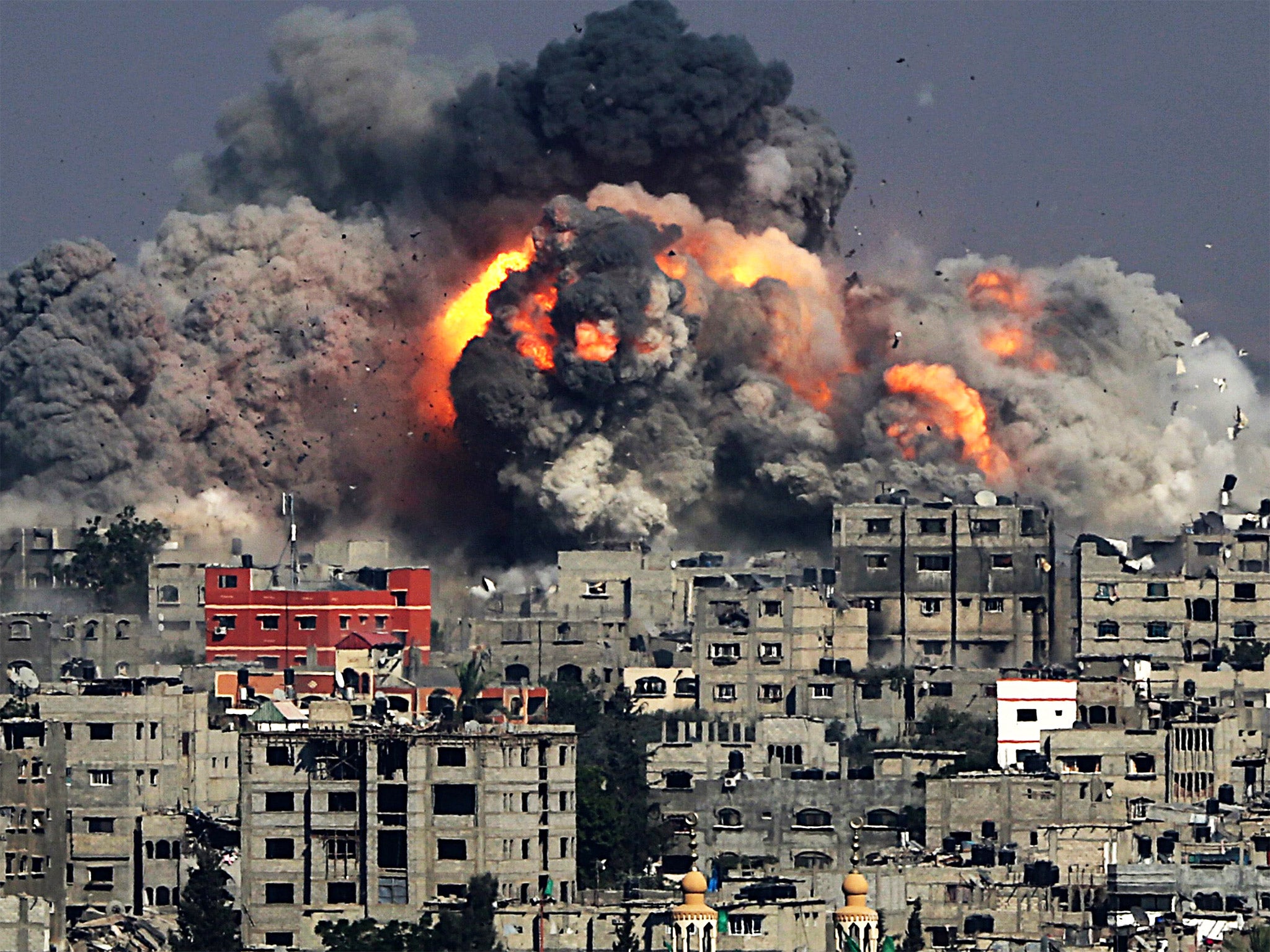
Russia, Pakistan, Libya, Iran and Sri Lanka were also on the list of deals totalling £11.6 billion.
Sold weaponry included Eurofighter Typhoon jets, bomb-making components, tear gas, military vehicles, sniper rifles, gun silencers and hand grenades.

The sales were detailed last year in a report by Parliament’s Arms Export Controls committees, which said: “The Government needs to explain to Parliament and the wider public more fully why Saudi Arabia is listed by the Business Department as a Priority Market for arms exports whilst simultaneously being listed by the Foreign and Commonwealth Office as being a country of major human rights concern.”
A spokesperson for Clarence House said Prince Charles’s upcoming tour, which includes a scheduled meeting with the Deputy Supreme Commander of the UAE Armed Forces, was not “about” weapons sales.
A Clarence House spokesman said: “The Prince of Wales' upcoming visit to the Middle East is not about sales of defence equipment and is not essentially commercial.
"The Prince of Wales undertakes official visits on behalf of Her Majesty's Government.
"The five countries the Prince is visiting in the Middle East are important allies and key partners to the UK. This visit to the Middle East like others is to strengthen relationships and highlight stability in the region.
"The programme has been designed by the Foreign and Commonwealth Office, its Middle East posts and Clarence House to make the most of the Prince's knowledge and expertise, and to highlight both HRH's concerns and those of the UK Government about conflict in the region."
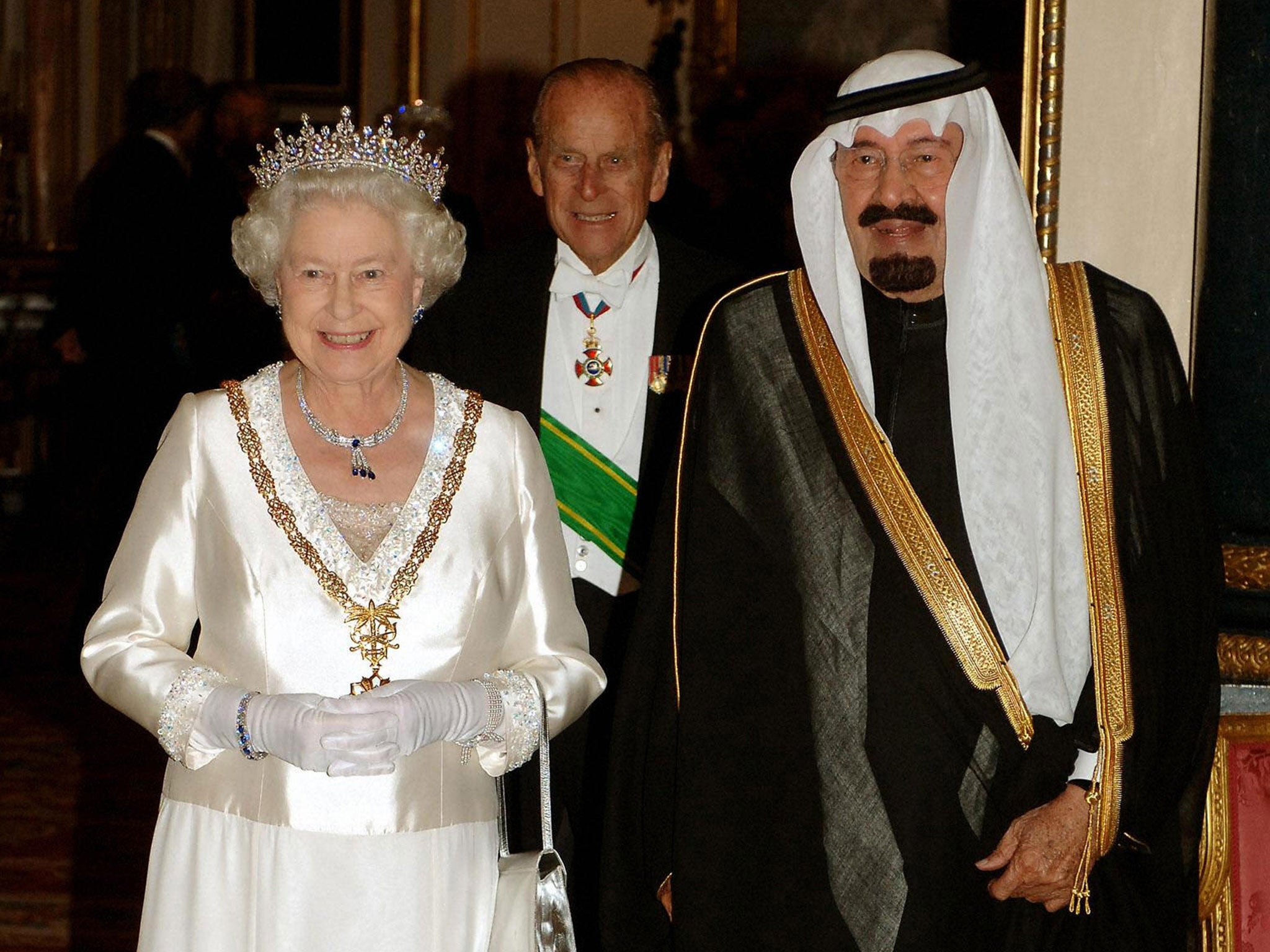
Ms Mayer's book also quotes a member of the Prince's inner circle as saying that on the eve of his wedding to Princess Diana in 1981 he "was desperate".
According to reports in the Telegraph, he is said to have told his aide: "I can't go through with it, I can't do it."
Other excerpts claim Prince Charles’ household has earned the nickname “Wolf Hall” because of its rivalries, backstabbing and in-fighting.
Clarence House declined to comment on those claims and stressed that the biography was not authorised and the author did not have any exclusive access to Prince Charles or his staff.
Additional reporting by PA
Join our commenting forum
Join thought-provoking conversations, follow other Independent readers and see their replies
Comments